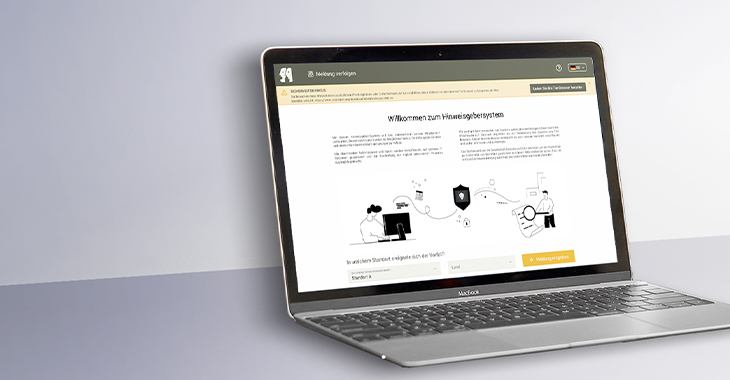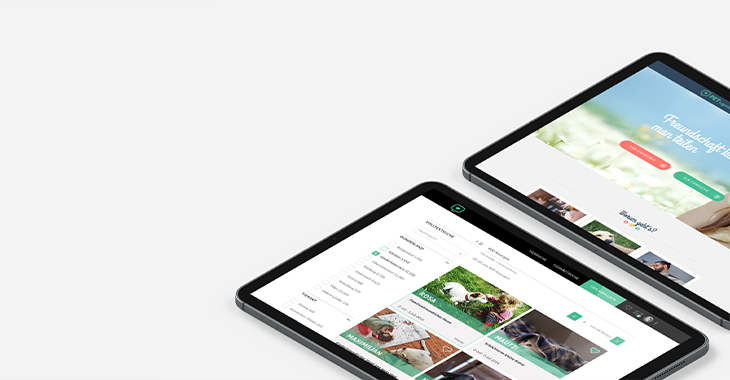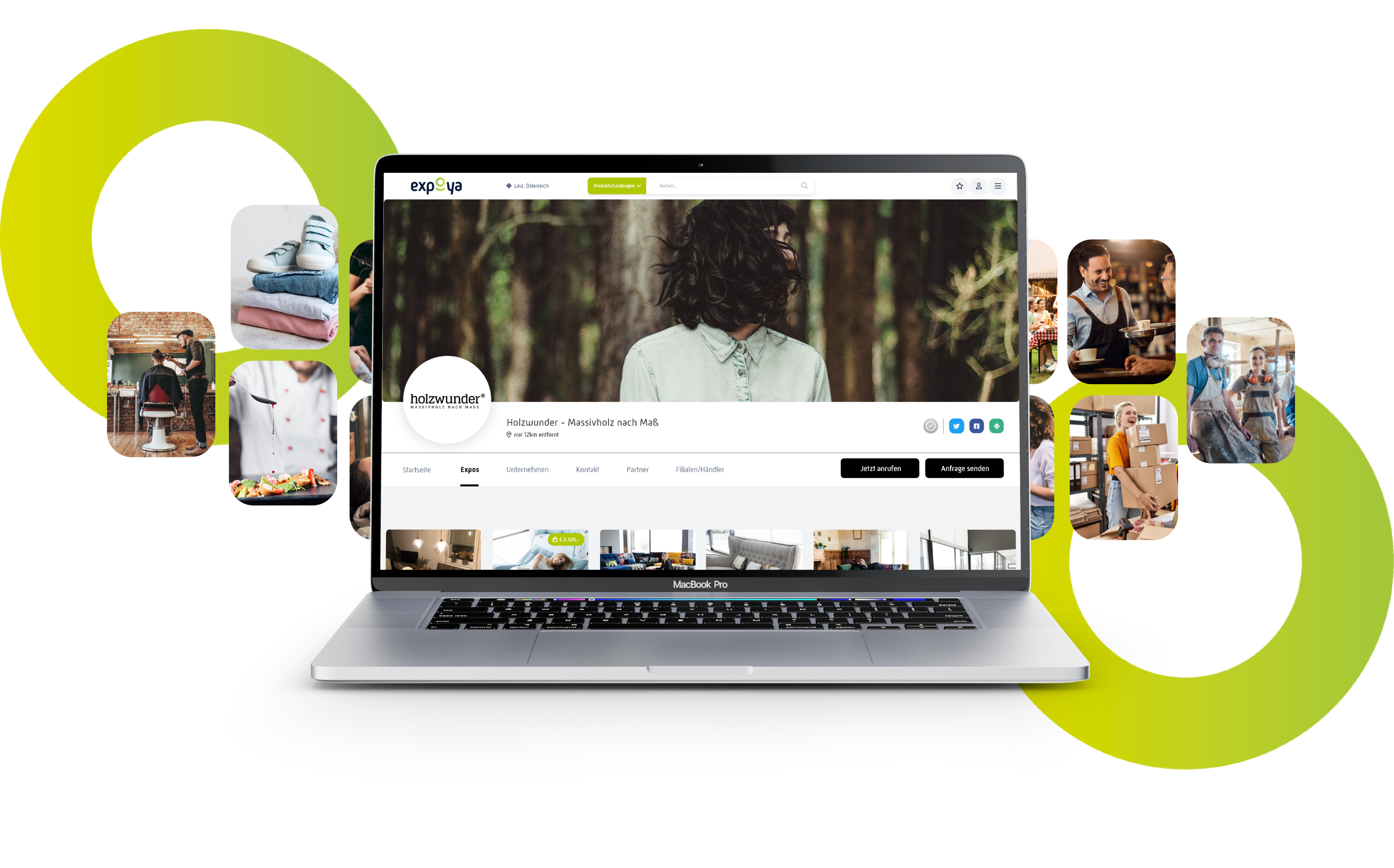Ordering food, listening to music, managing and evaluating to-dos at work… Often we don’t even notice it anymore, but our everyday life is accompanied by small digital helpers that are supposed to save time and make life easier. Many of these helpers come from tech startups – young companies that are committed to technical progress and innovation. But what exactly characterizes a tech startup? What different forms are there and how do you set up a successful company in this area yourself?
What defines Tech Startups
Finding a solution to a problem in everyday life or making an existing solution better – that is the basic idea of every tech start-up. The founders use existing technology or (invent) completely new ways. A major topic that many of these companies are dealing with is the so-called Industry 4.0, i.e. the digitization of industrial production.
In addition to manufacturing companies, private individuals can also be a target group for the technical innovations. A key attribute of any “product” a tech startup sells is the ease of scalability. Once developed, it can be easily multiplied and, in the best case, even easily transferred to new fields of application.
Tech startups are not limited to a specific industry or topic, because almost every area of life can now be supported by technology. In the past, this has led to many different names and abbreviations for tech startups being established in different industries. Here are the most common ones in detail below.
Fin-Techs
The combination of financial services and technology is a huge market that has been growing steadily in recent years. The best-known solution or a model company in this area is the payment service PayPal, but the payment app N26, which is now registered as an independent bank, was also developed by a FinTech. Contactless payment and comparison platforms for loans and other financial products are other examples of tech startups in this industry. In the broadest sense, so-called InsurTechs also belong in this area: startups that deal with insurance services.
Prop-Techs
Combine the real estate world (property) with technology. Comparison portals for real estate are just one idea – solutions for virtual house tours, planning tools for new buildings or digital solutions for property management also belong in this area.
Legal-Techs
“Legal Services” means legal and administrative services. On the one hand, there are startups in this area that offer solutions to lawyers and other legal professions and companies, and on the other hand, it is also about automating administrative processes in order to save time and money while increasing efficiency.
Green-Techs
Environmental and climate protection has been the topic of recent years and will probably keep us busy in the years to come. Accordingly, there is great potential and interest in so-called green tech start-ups that use technology to develop sustainable solutions – from innovative energy generation to ideas for CO2 reduction.
Gov-Techs
The “technology of the state” has attracted more public attention. Thanks to Corona, hardly a topic has become more present than the search for smart (digital) solutions for educational institutions, health authorities and other authorities. GovTechs find exactly these solutions, whereby it is not only about the change from paper to digital files, but also about fundamental structures and processes. One idea, for example, is a “fully digital identity”.
Health-Techs
The broad field of the healthcare industry is at least as exciting. HealthTechs are developing wearables, i.e. small, networked computers that are worn on the body and record our everyday lives. They enable doctors in rural areas to diagnose remotely via the screen (so-called tele-clinics) or digitize complete medical records from hospitals.
Fashion-Techs
FashionTechs is no longer (only) about online shops for fashion, but rather about the combination of technology and clothing – i.e. functional clothing on a whole new level – or tools that make trying on in the store practically obsolete.
Food Techs
From the platform for delivery services, which probably all of us have used to order food on Sundays, to the app for the farmer who tracks his supply chain and optimizes distribution channels.
EdTechs
The “Education and Technology” sector has been booming since the Corona crisis at the latest. Digitizing education and knowledge transfer has never been more relevant than it has been recently – and as many can tell from painful experience, there is still a lot to do here.



